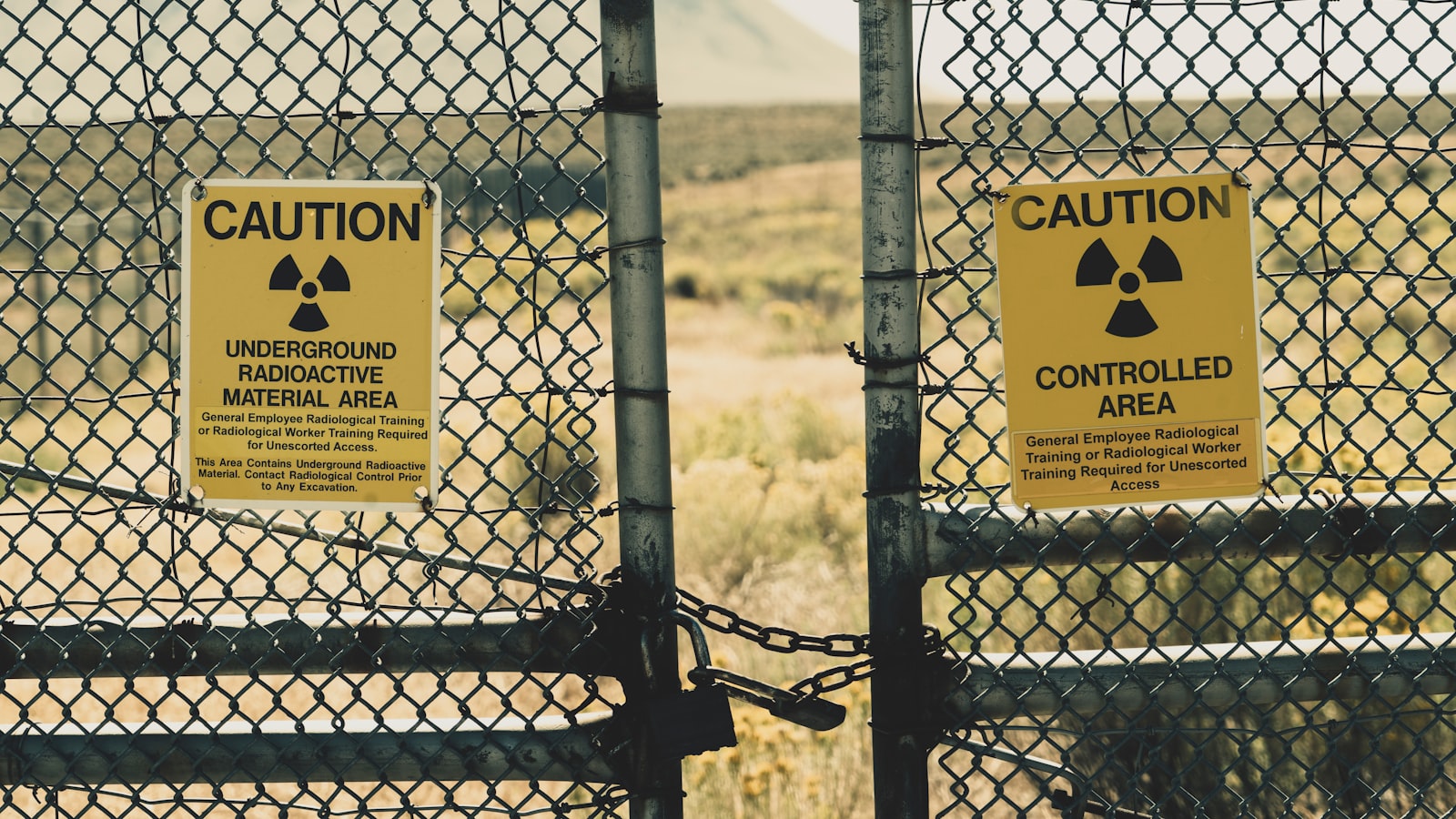Miami, Florida is known for its vibrant culture, beautiful beaches, and thriving nightlife. But what happens when the hustle and bustle of this lively city is interrupted by the absence of a valid will? In this article, we will explore the implications of not having a will in Miami and how it can impact the distribution of assets and the settling of an estate. Join us as we delve into the complexities of probate law in the Magic City.
Consequences of Intestacy in Miami
When someone passes away without a valid will in Miami, their estate is subject to the laws of intestacy. This means that the state will determine how the deceased individual’s assets are distributed. Unfortunately, this can lead to a number of consequences for the family and loved ones left behind.
Some of the main include:
- Uncertainty: Without a will, there is no clear direction on how the deceased individual’s assets should be divided, which can lead to confusion and disputes among heirs.
- Longer and more expensive probate process: In cases of intestacy, the probate process can be more complicated and time-consuming, leading to higher legal fees and court costs.

Understanding Florida’s laws on intestate succession
When a person passes away in Miami without a valid will, the laws of intestate succession come into play to determine how their assets will be distributed. In Florida, intestate succession laws dictate that the deceased person’s assets will be distributed among their closest relatives. It is important to understand these laws to ensure that the deceased person’s wishes are carried out and that their loved ones receive their rightful inheritance.
Under Florida’s laws on intestate succession, the distribution of assets will depend on the deceased person’s surviving family members. If there is no surviving spouse, children, parents, siblings, or extended family members, then the assets may pass to the state. It is crucial for individuals in Miami to be aware of these laws and to seek legal advice if they find themselves in a situation where a loved one has passed away without a valid will.

Role of the probate court in distributing assets without a will
In Miami, when someone passes away without a valid will, the probate court plays a crucial role in distributing the deceased person’s assets. Without clear instructions from a will, the court must follow state laws to determine how the assets should be divided among the heirs.
<p>The probate court will appoint an administrator to oversee the distribution process, ensuring that all relevant debts are paid off before assets are divided. **Key responsibilities of the probate court in this situation include:**</p>
<ul>
<li>Identifying and valuing the deceased person's assets</li>
<li>Notifying potential heirs and creditors</li>
<li>Resolving any disputes among beneficiaries</li>
<li>Distributing the assets according to state laws</li>
</ul>
Seeking legal counsel to navigate the complexities of intestacy in Miami
When someone passes away without a valid will in Miami, their estate will go through the process of intestacy. This means that the state will determine how the deceased’s assets are distributed, following specific laws and guidelines. Navigating the complexities of intestacy can be overwhelming, which is why seeking legal counsel is crucial to ensure that the estate is handled appropriately.
Without a valid will, the distribution of assets in Miami will follow the state’s laws of intestacy, which prioritize certain family members over others. An experienced attorney can help navigate this process and ensure that the estate is distributed according to the law. Additionally, legal counsel can provide guidance on the probate process, estate taxes, and any other legal matters that may arise during intestacy.
In conclusion, the absence of a valid will in Miami can lead to a complex and time-consuming process of distributing an individual’s assets after their passing. It is important for individuals to take the necessary steps to create a legally binding will in order to ensure that their wishes are carried out and their loved ones are provided for. Consulting with an experienced estate planning attorney can help navigate the legal requirements and avoid any potential complications that may arise in the absence of a valid will. Ultimately, having a valid will in place can bring peace of mind and clarity to both the individual and their beneficiaries during a difficult time.




